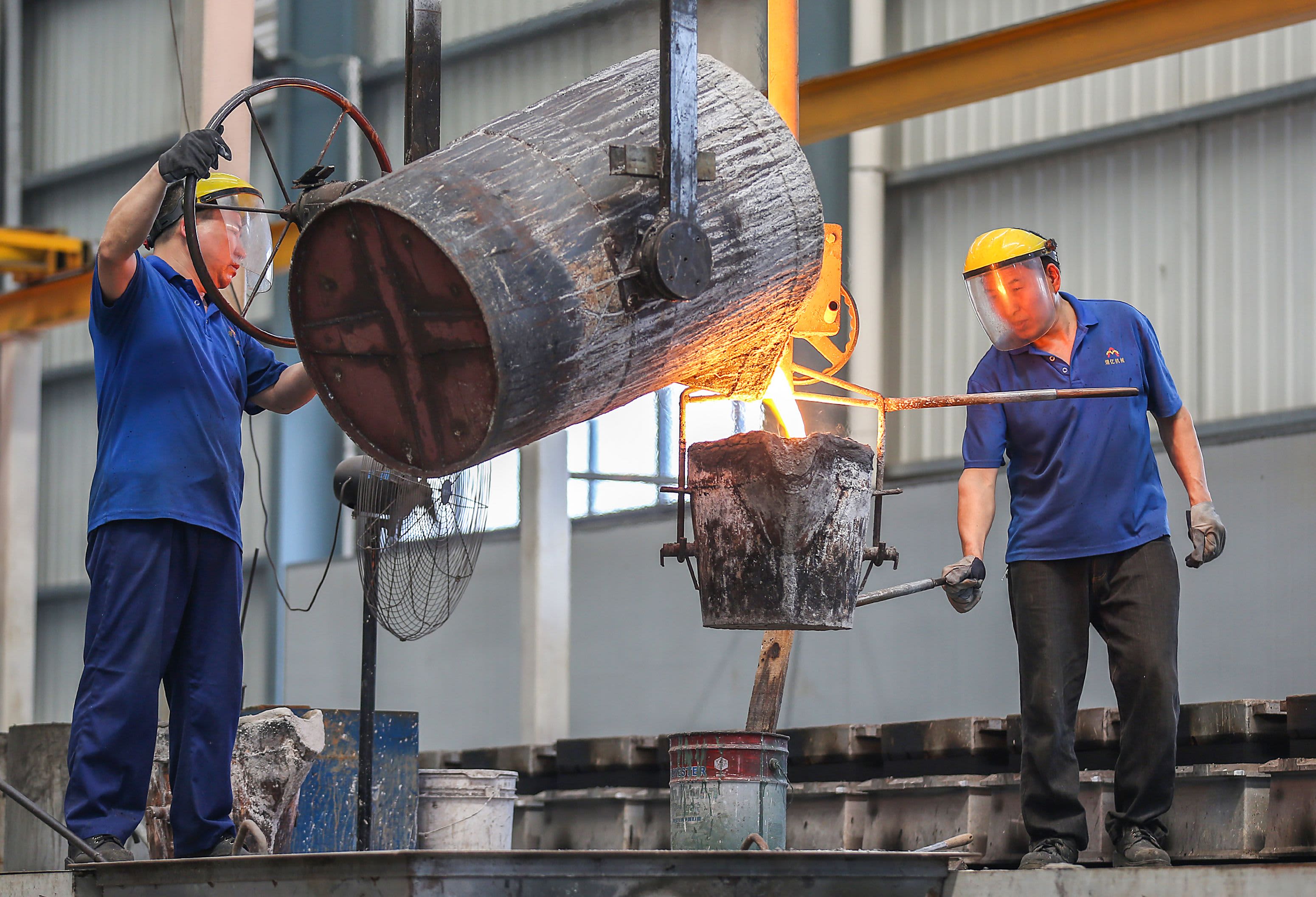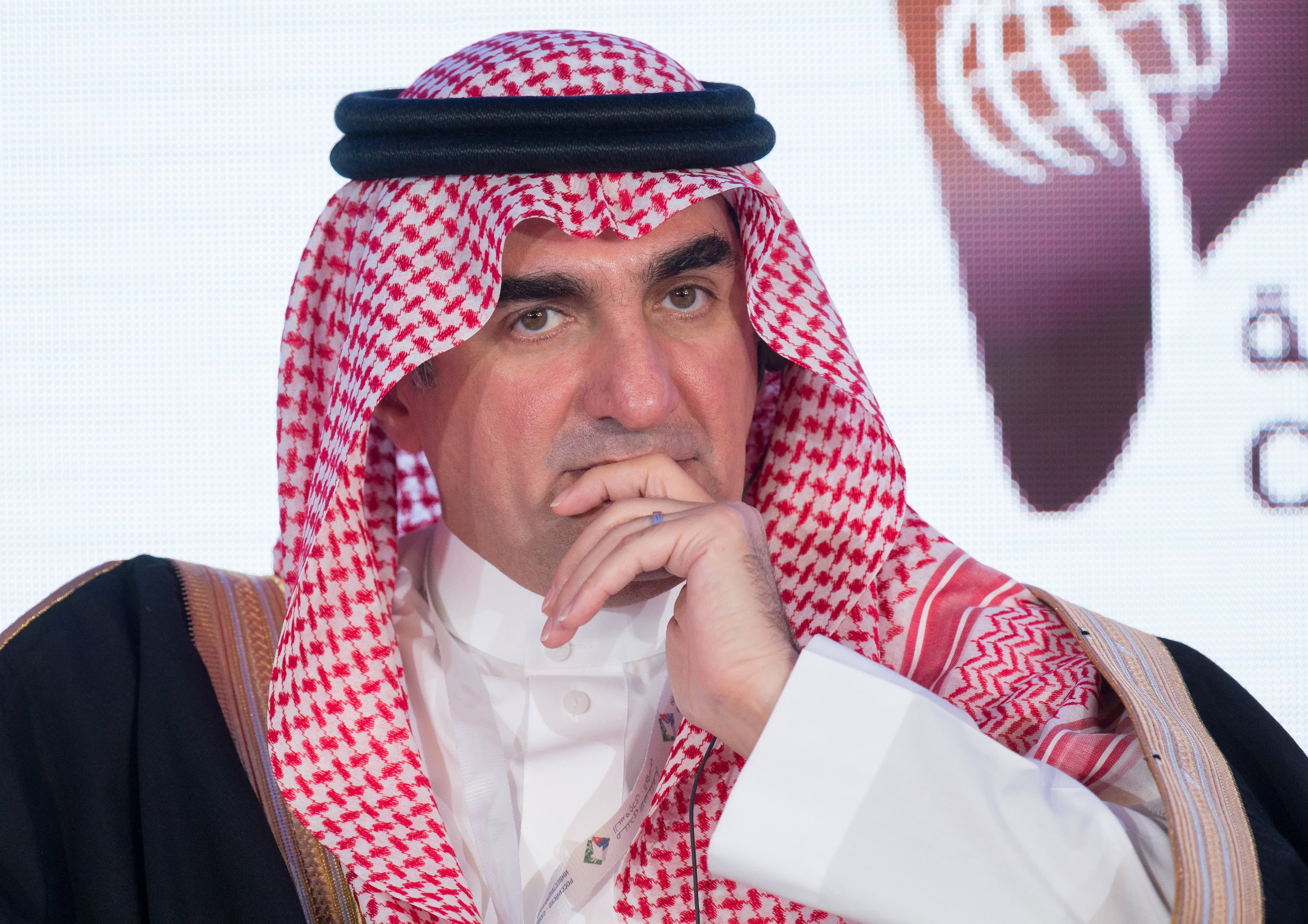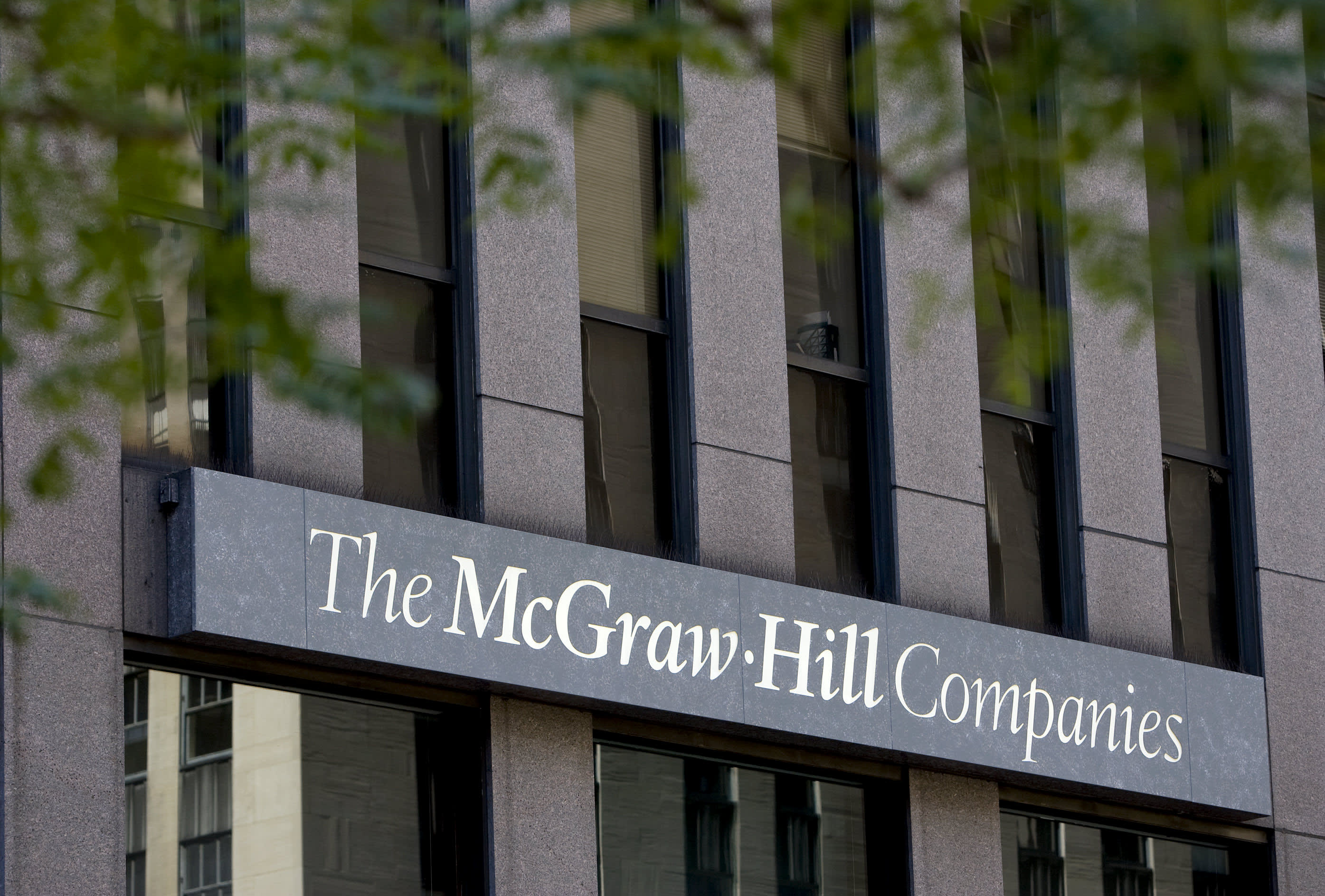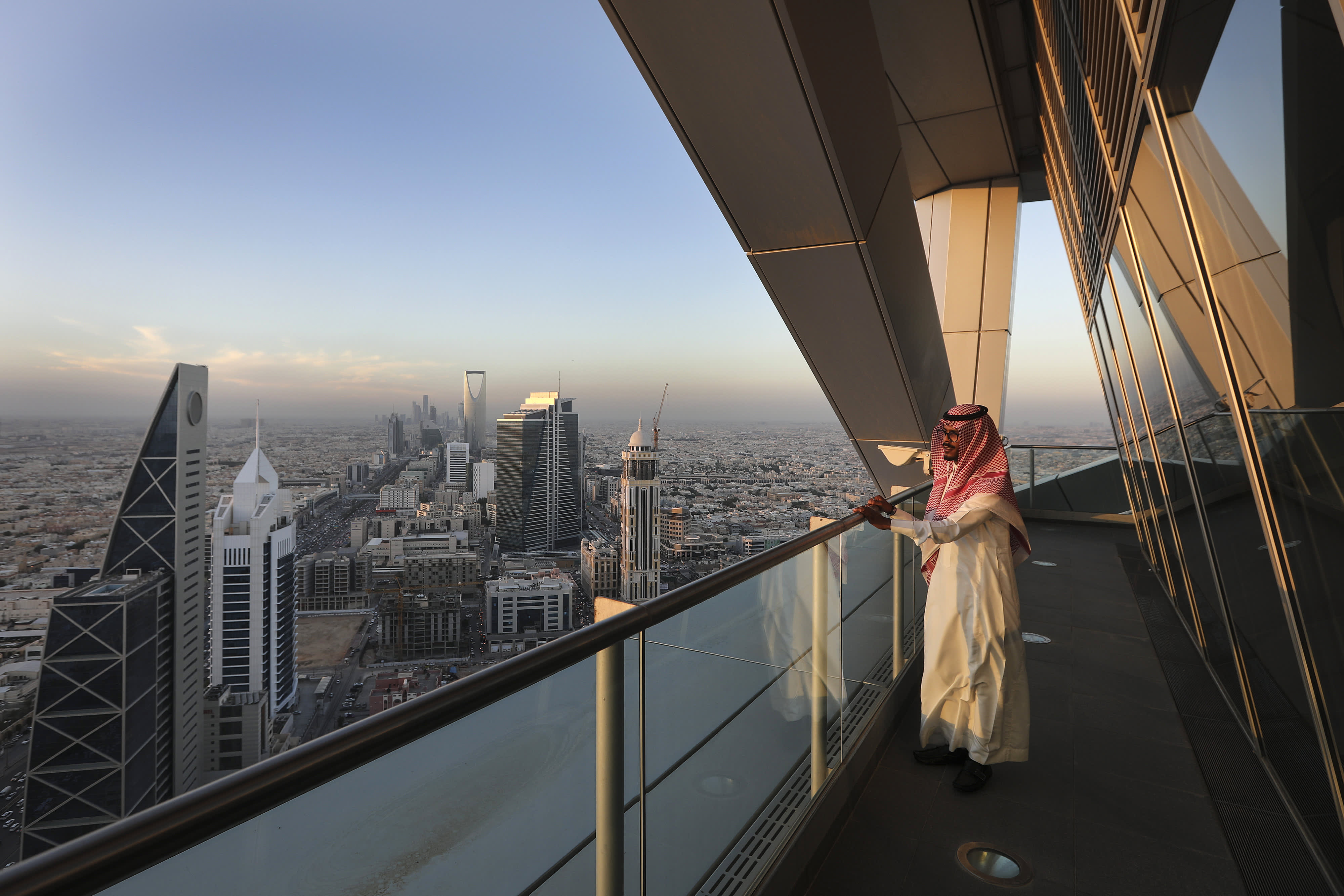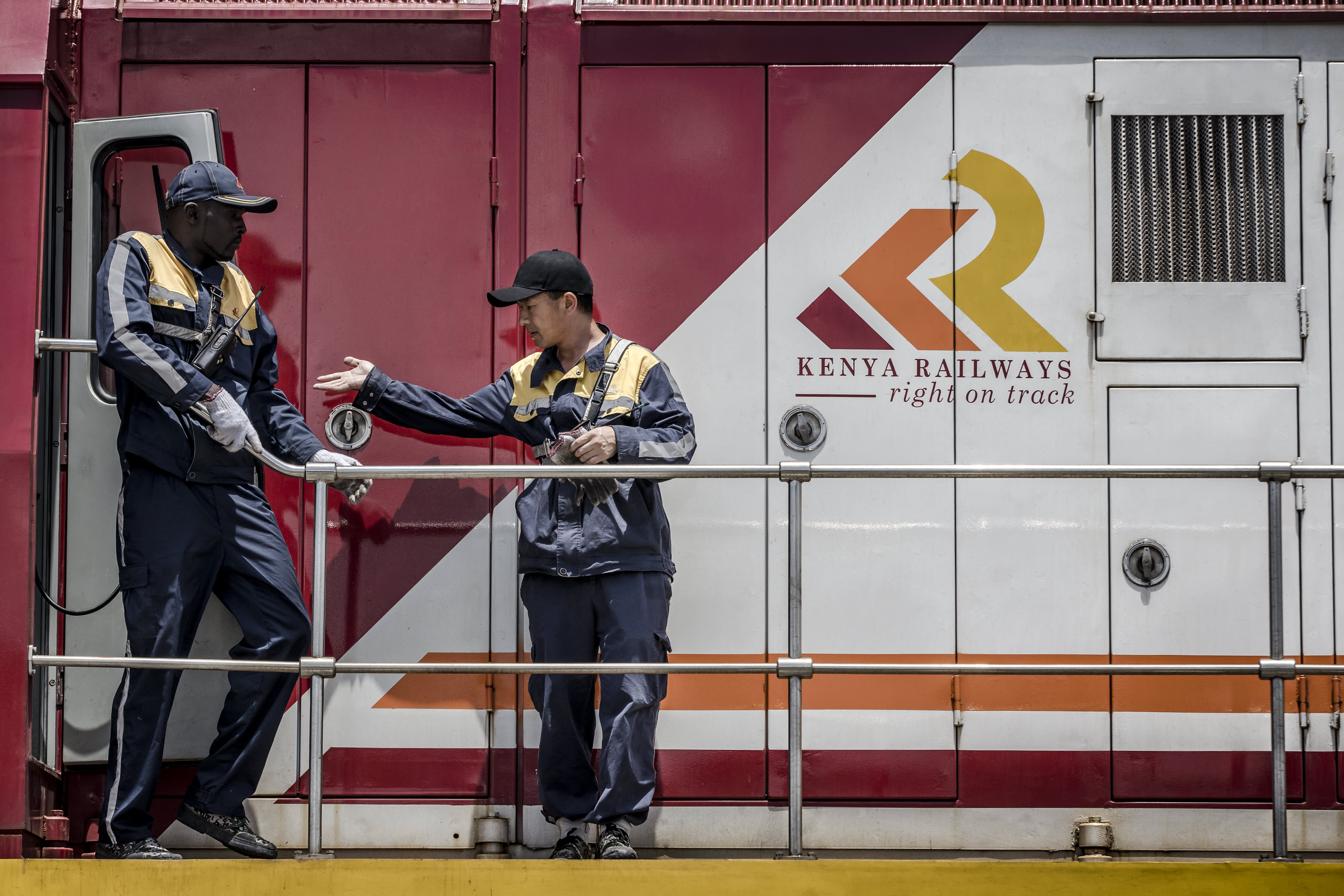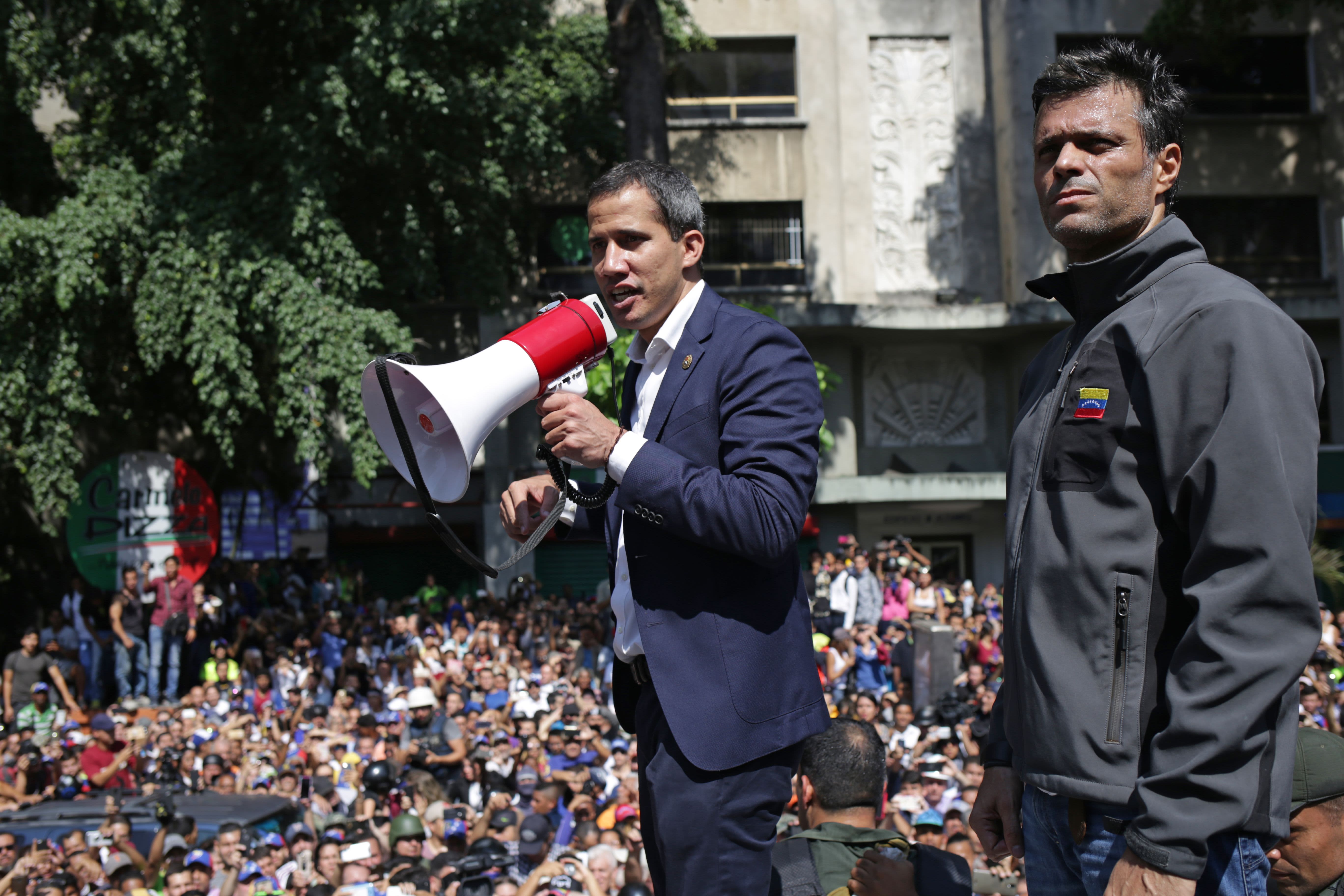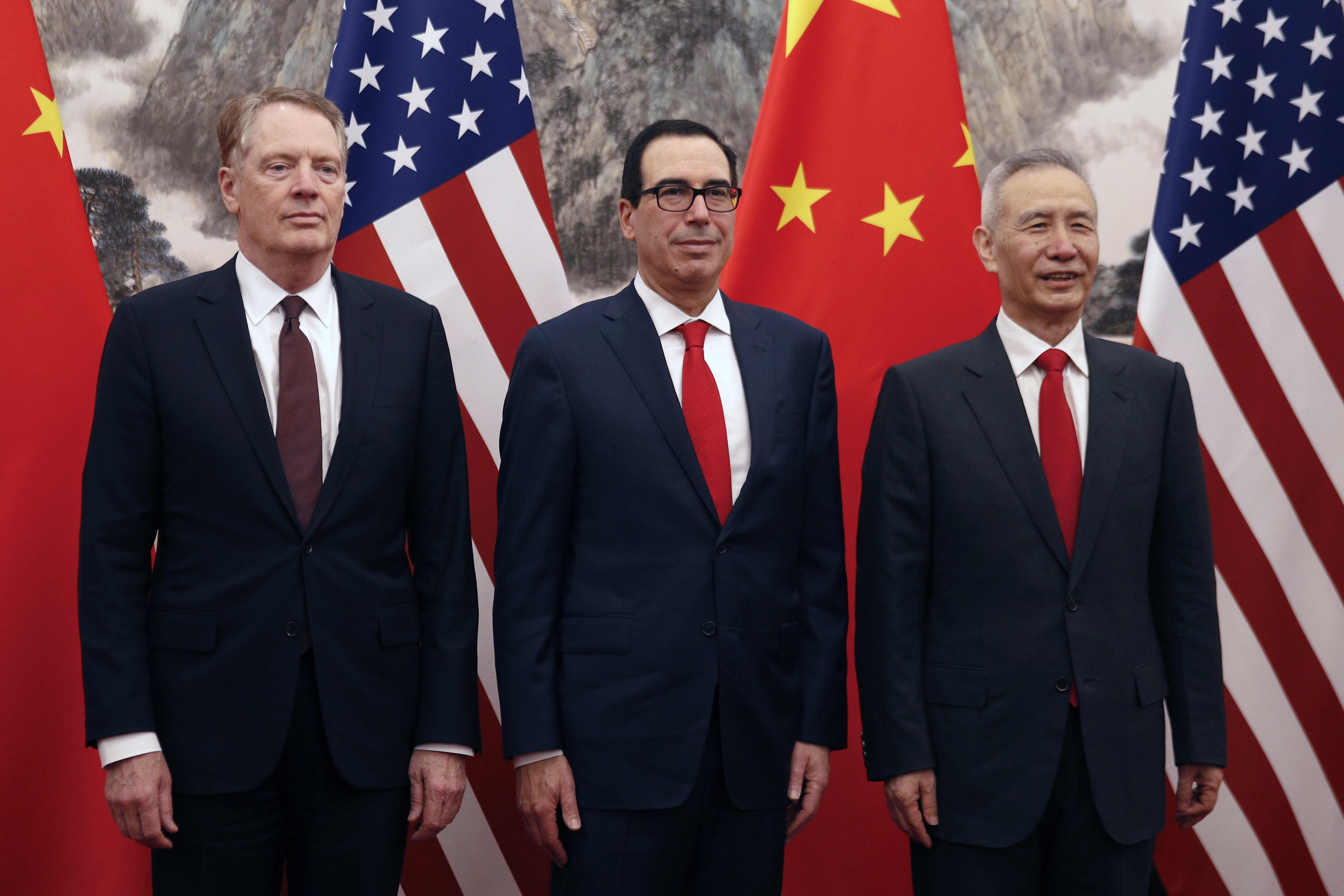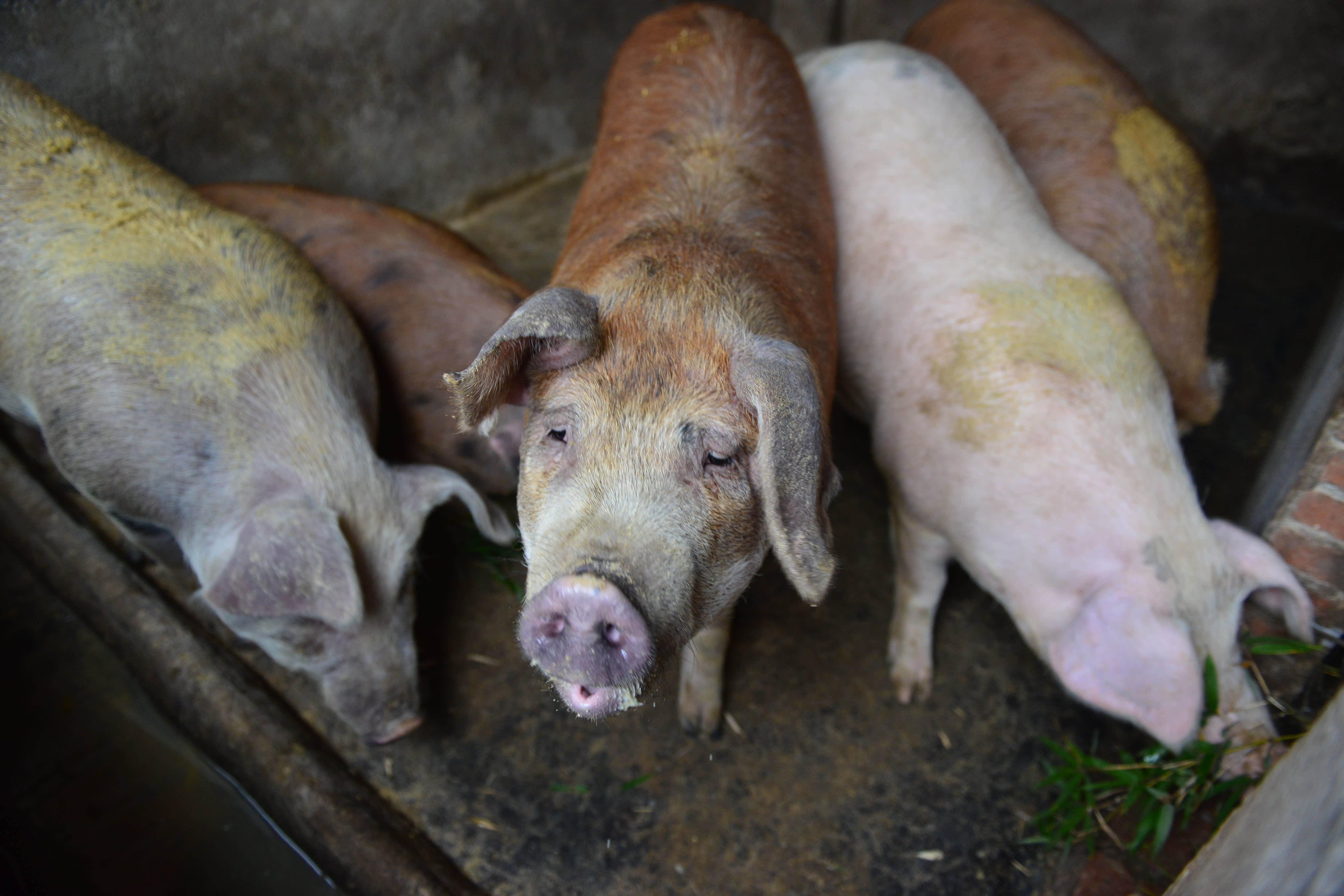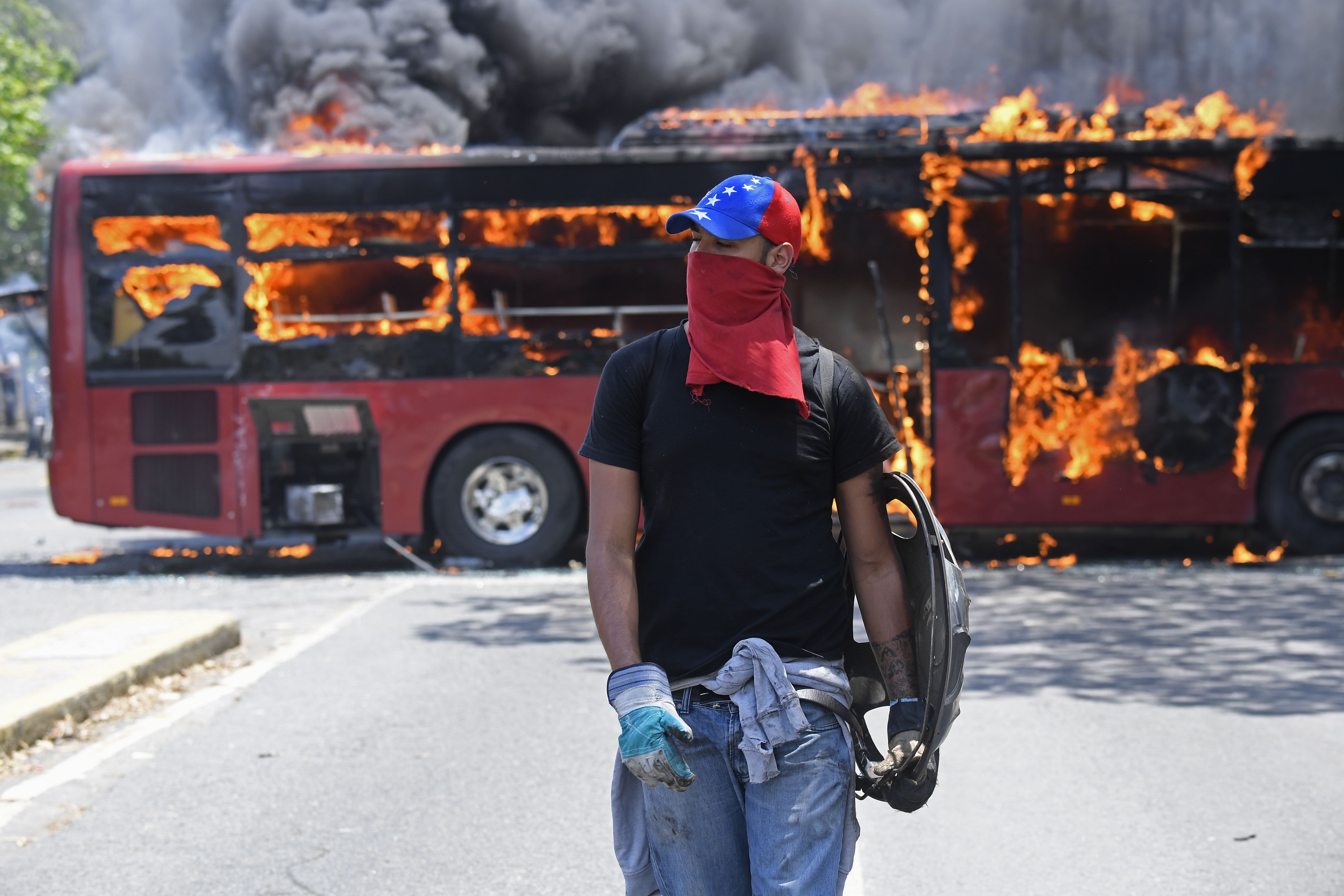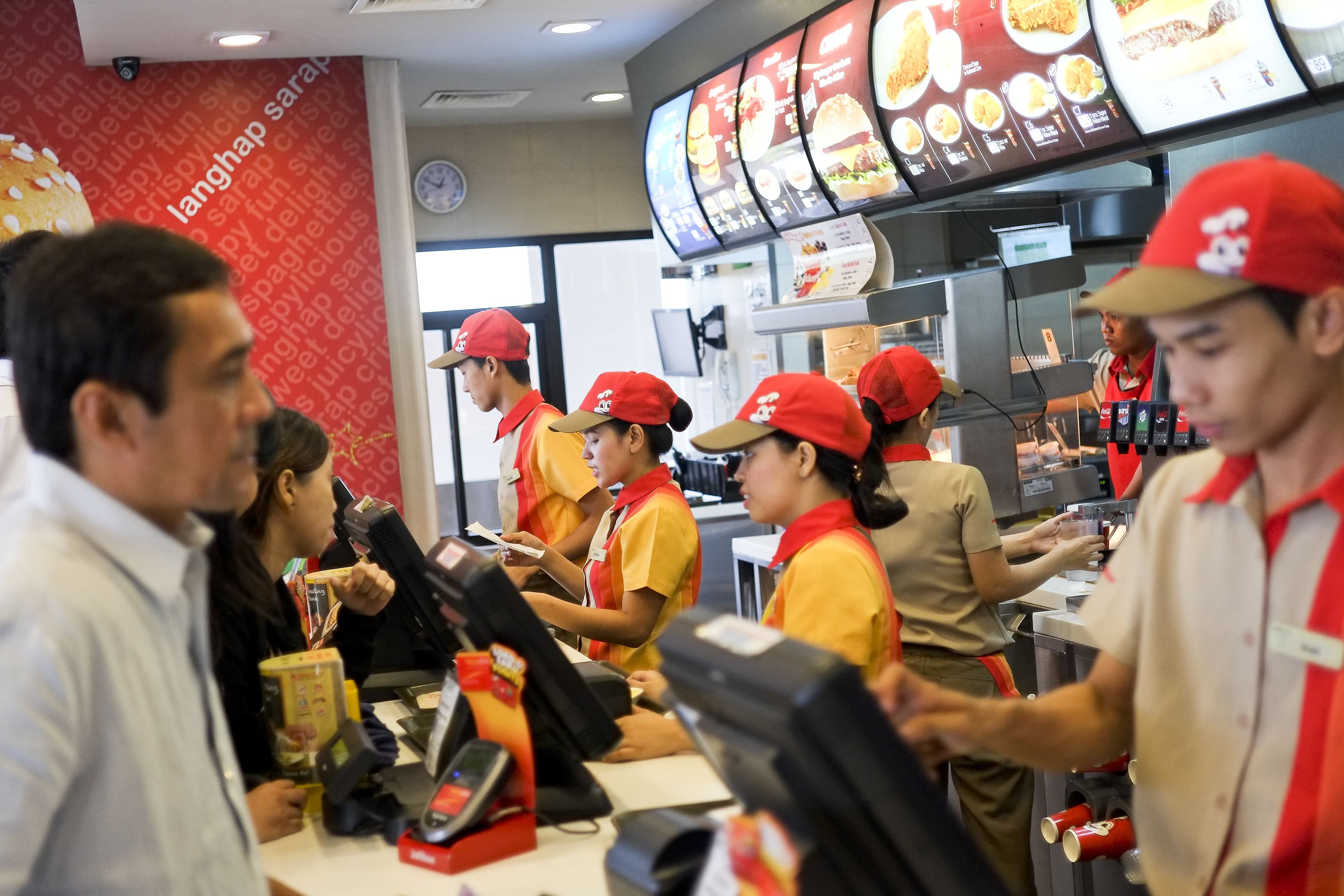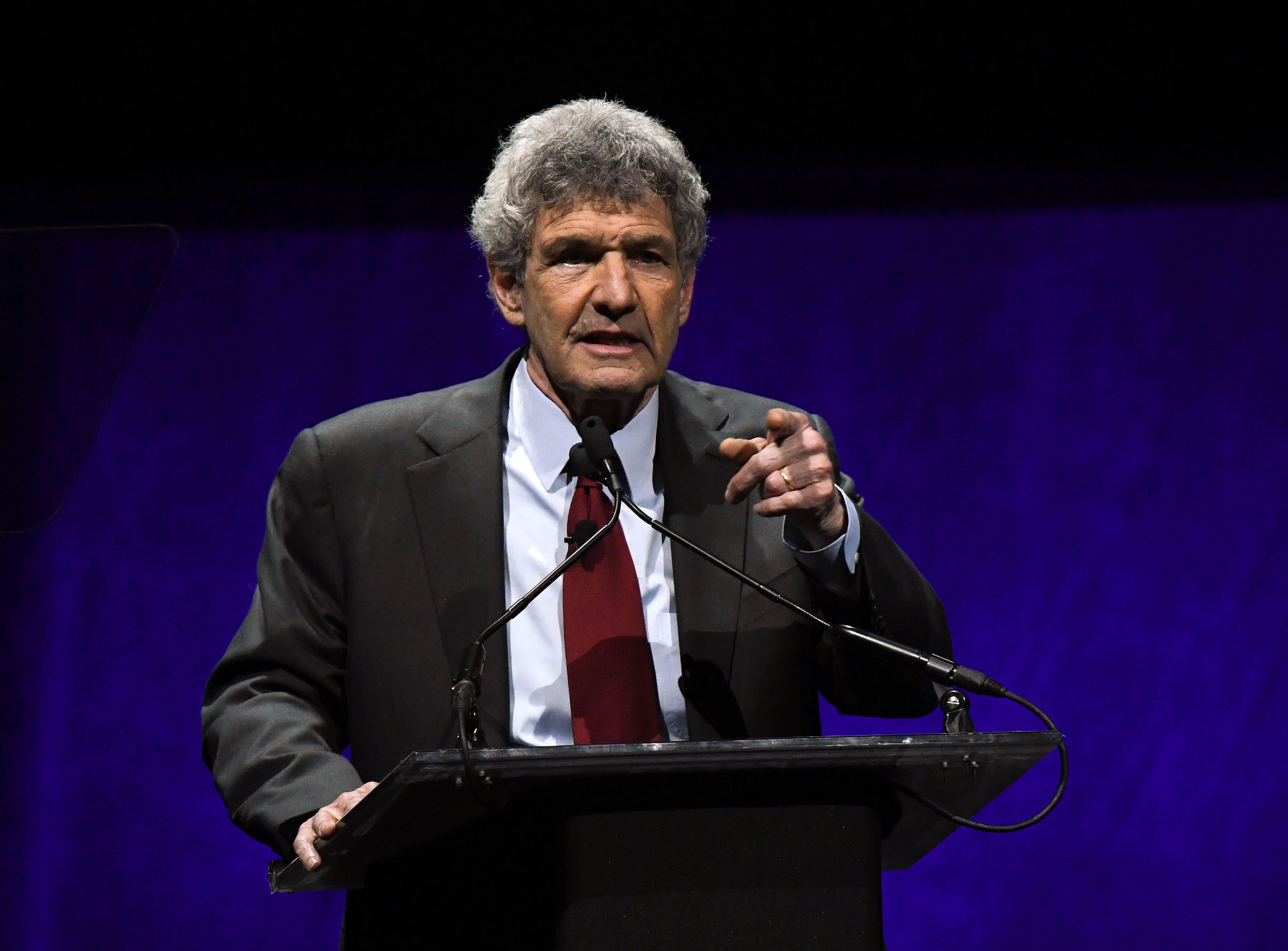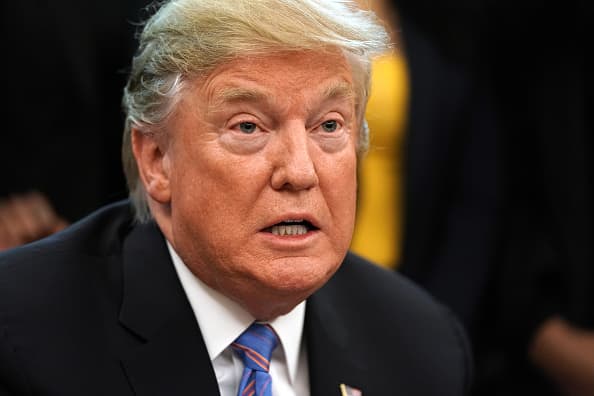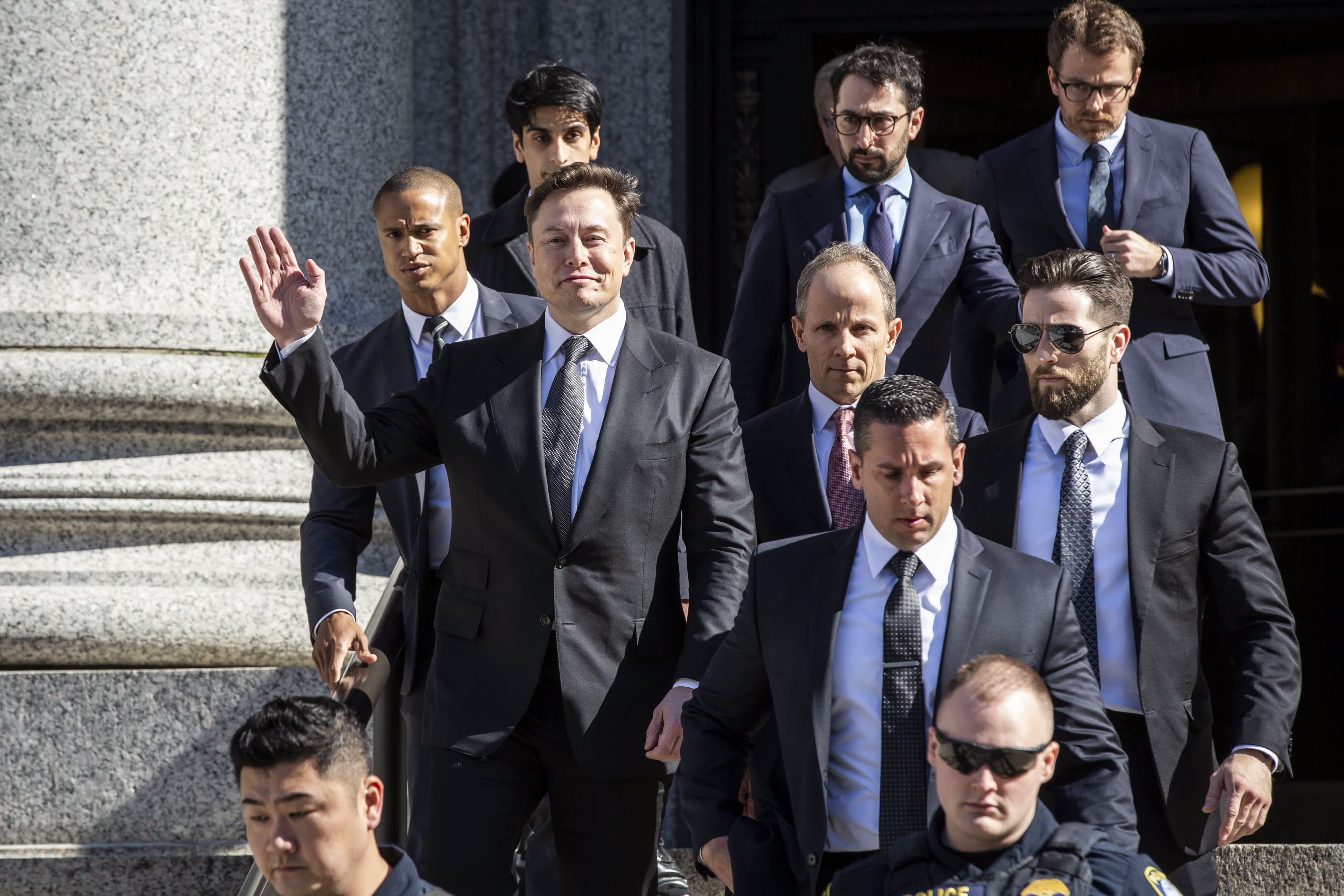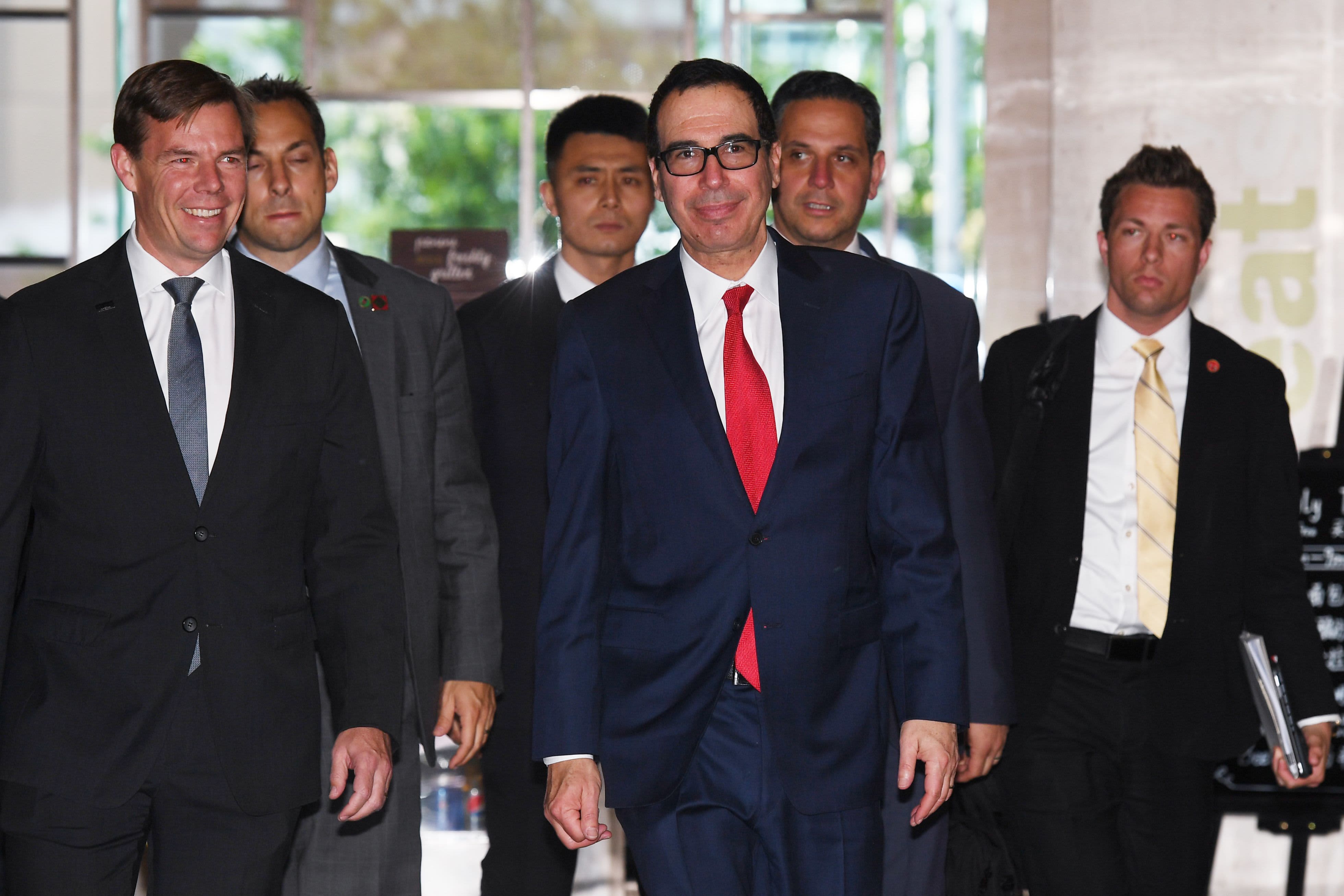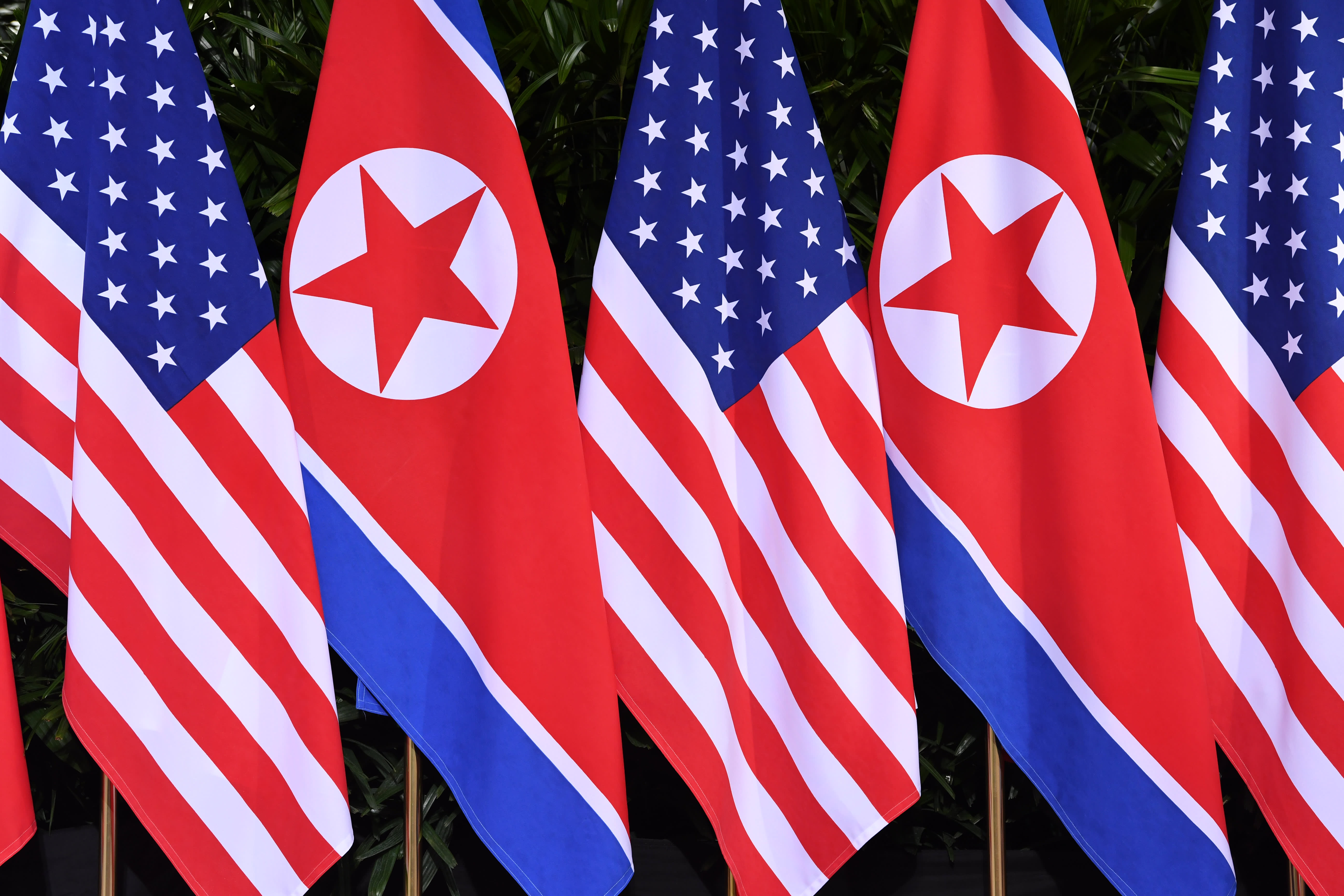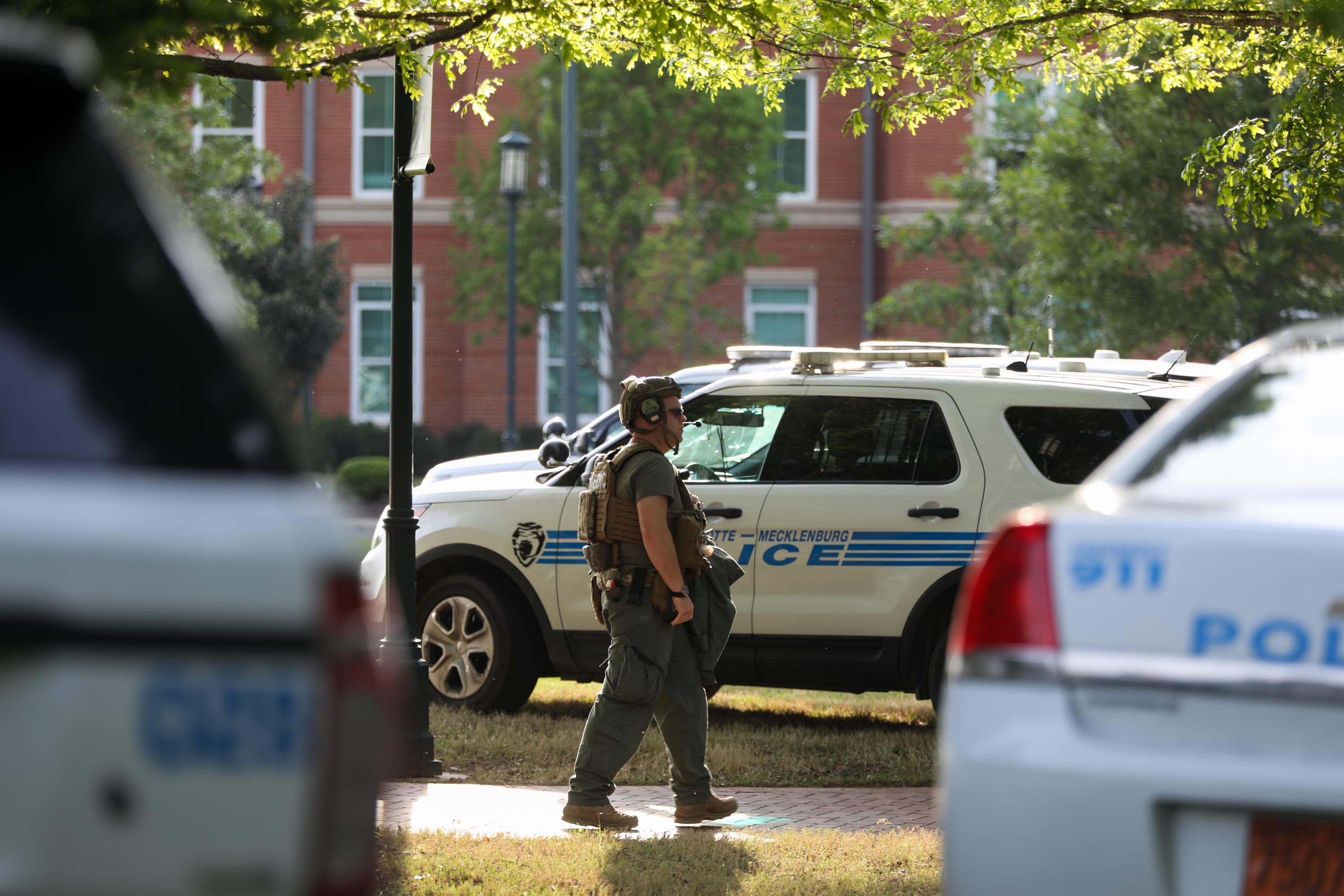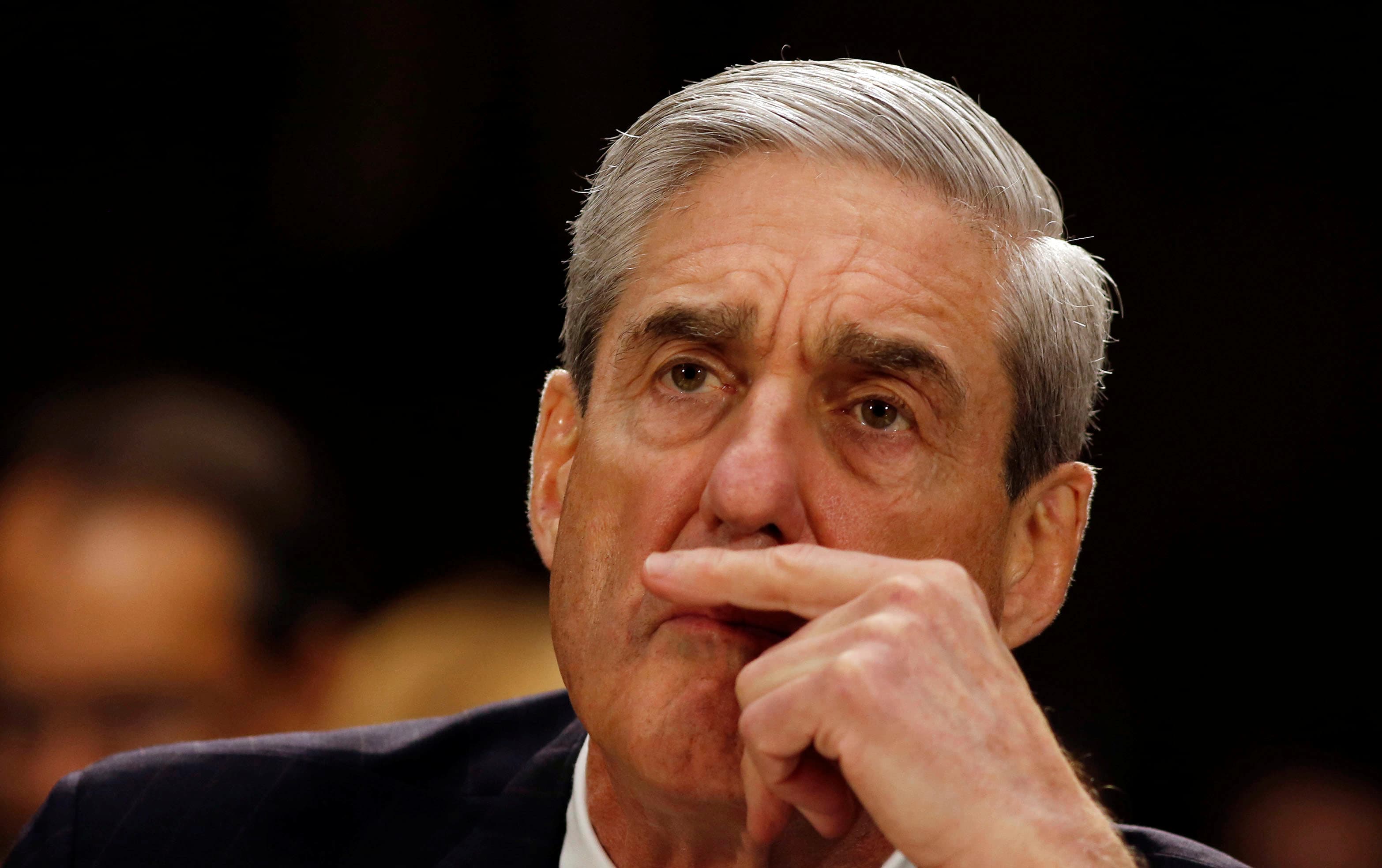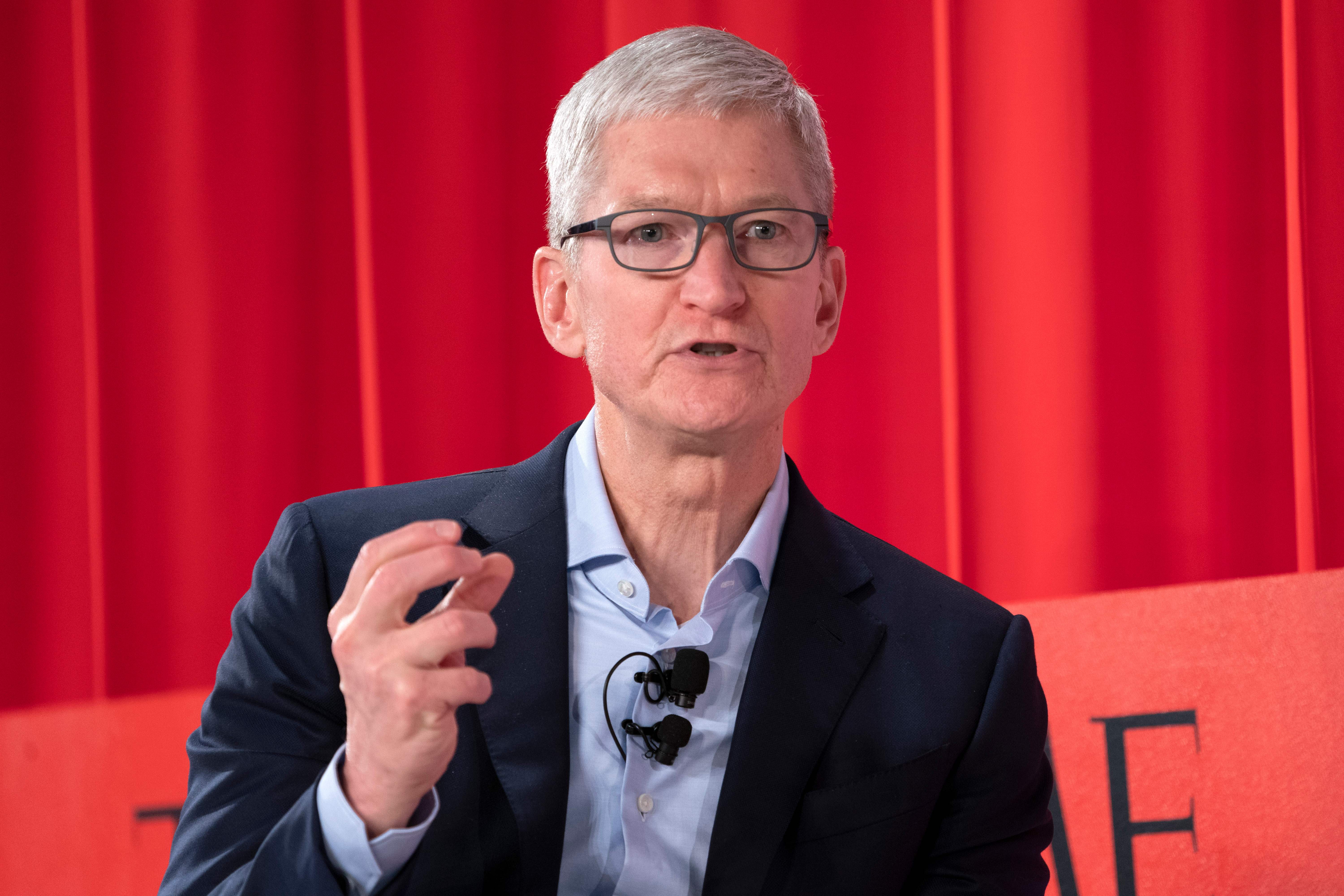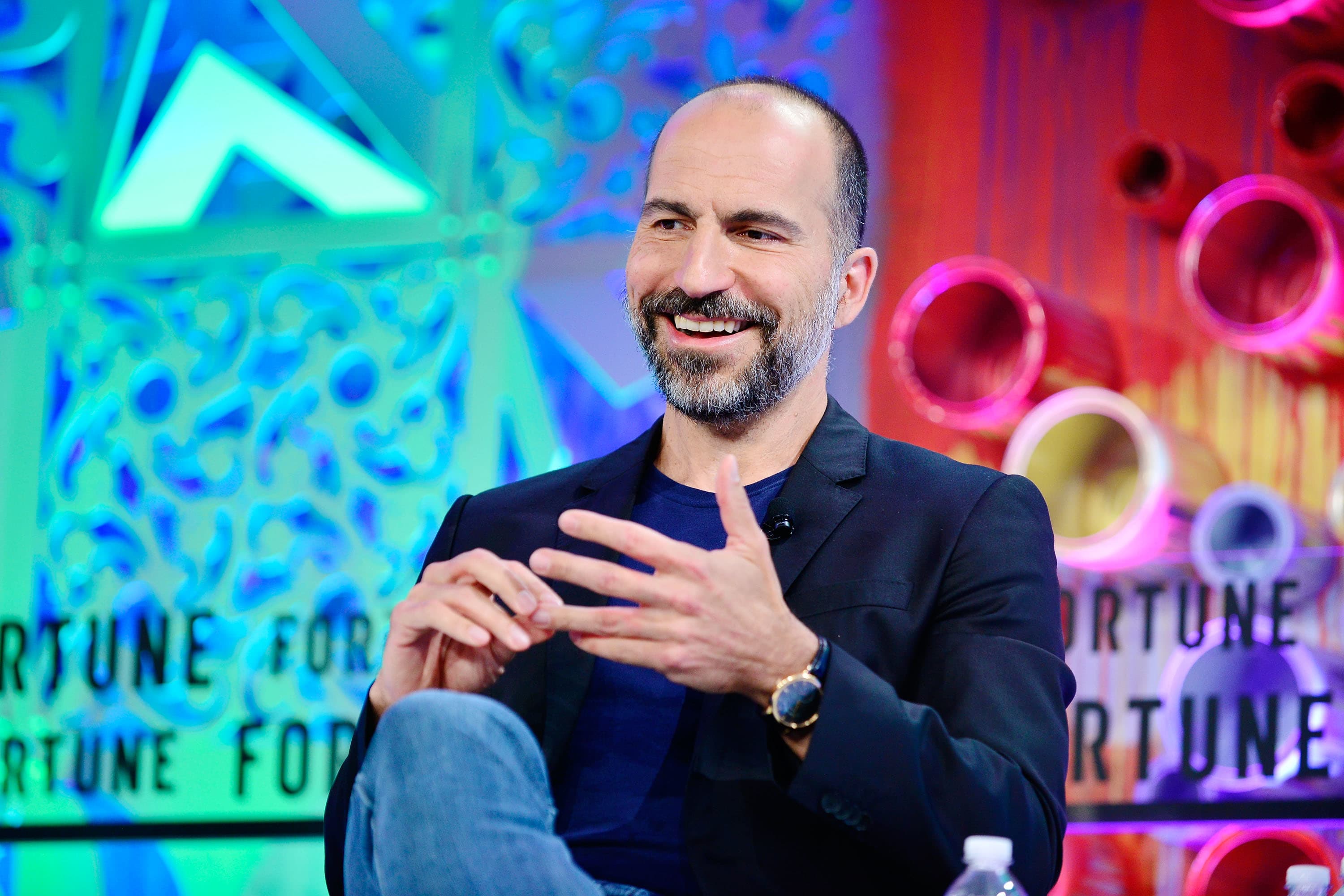
Uber can't be compared to Lyft because its business is spread across the world and it has more services to offer, according to Saudi Arabia's sovereign wealth fund.
The Saudi Public Investment Fund (PIF) is one of the largest shareholders in the ride-hailing giant, with a roughly 4% stake according to a regulatory filing. That holding is estimated to be worth around $3.4 billion when Uber goes public this month.
"Uber is totally different than Lyft," Yasir Othman Al-Rumayyan, managing director of the PIF, told CNBC's Hadley Gamble on Tuesday. "Of course it's a ride sharing company, but it's a ride sharing company not only in the U.S. but all over the world."
While Lyft has gained significant market share in the North American mobility space, Uber's strategy has been to grow its platform internationally. The firm is currently present in 63 countries and more than 700 cities while Lyft only operates in the U.S. and Canada.
Uber CEO Dara Khosrowshahi attends the Fortune Most Powerful Women Summit in Laguna Niguel, Calif., on Oct. 3, 2018.
Jerod Harris | Fortune | Getty Images
Uber has also been pitching itself to investors as a one-stop-shop for transportation, with a portfolio of different segments like electric scooters and bikes, self-driving cars, logistics and food delivery. Lyft can only tick two of those boxes — scooter and bike-sharing and self-driving.
Uber "has the market share in the U.S. and it has the market share all over the world and it's bringing some new services," Al-Rumayyan said.
Al-Rumayyan's comments come amid worries that Uber could face the same fate as Lyft once it debuts its shares. Since its IPO in late March, Lyft's stock has lost over 20% because of worries over its lack of profitability.
Uber could face valuation comparisons in that respect, given that it is yet to generate a profit, and has also cautioned it may never become profitable. It made $11.3 billion in revenue last year, while still booking a $1.8 billion loss.
Nevertheless, the firm's dominance in the mobility market appears to be unrivalled. While it's withdrawn from major markets like China and Southeast Asia, it still has equity stakes in the companies it sold out to there. And, more recently, it bought the Middle East ride-hailing giant Careem for $3.1 billion.
"Uber and Careem both will be considered as local companies in Saudi Arabia and the Middle East," Al-Rumayyan said. "The number of jobs that Uber brought to Saudi individuals — I think more than 100,000 jobs — which is something really great and that's why people like the whole idea of having ride sharing and Uber."
Uber in 2016 said its goal was to create "economic opportunities" for more than 100,000 Saudi drivers within five years.
The company is looking to raise as much as $9 billion in its IPO, a flotation that could value the company as high as $91.5 billion. Still, that valuation tag is actually lower than previously reported estimates of a $120 billion market value.
Saudi Arabia's PIF, which has $300 billion in assets under management, is also an anchor investor in SoftBank's $100 billion tech-focused Vision Fund, contributing $45 billion. The Japanese group is currently Uber's largest shareholder, with an almost 13% stake in the company.
via IFTTT

